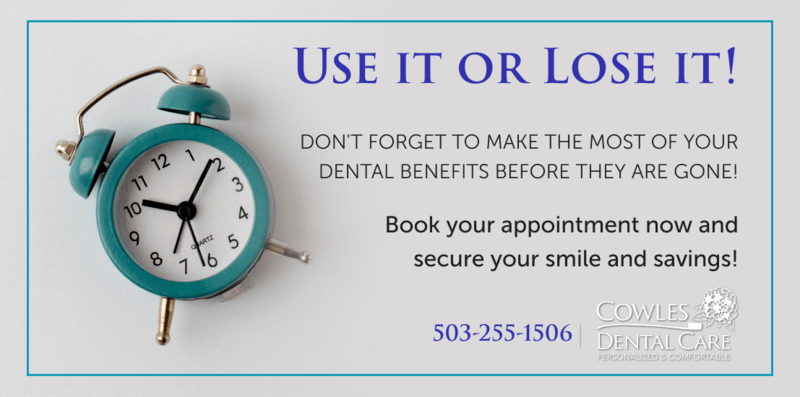Bad habits such as not making the bed, or leaving your laundry on the floor are can annoy some people, but, fortunately, aren’t detrimental to your health. On the other hand, would you be surprised to learn that nail biting can lead to problems with your teeth, but can also cause other issues?
You see, nails are usually the dirtiest part of a person’s hand. As such, they tend to be filled with germs and bacteria. If this bacteria gets into your mouth, you’ll be more likely to deal with plaque buildup and tooth decay. Similarly, continually biting your nails can eventually wear down your teeth or cause mini-fractures.
Similarly, nail biting can promote bruxism, which can also be caused by anxiety or stress. Bruxism, which is also referred to as teeth grinding, can lead to a number of problems. For instance, bruxism can lead to shifting or dislodged teeth, frequent headaches, and can even cause problems with your jaw.
Fortunately, there are a few things you can do to stop nail biting. For instance, since nail biting is often brought on by stressful situations, learning to manage stress may be helpful. Similarly, if you keep your nails short and trimmed, you may have a harder time biting your nails—meaning you’ll be less likely to chew reflexively. Finally, if you spend a little money on your nails, you will also be less likely to bite them.
You can cause damage to your teeth when you bite your nails. If you are interested in quitting, our dentist, Dr. Lee J. Cowles, DMD will be able to give you personalized advice. Our team will also be happy to determine the damage that has been done to your teeth and gums. To schedule an appointment, call Cowles Dental Care at 503-255-1506. We are eager to receive your call.

